An Eye On Focus
Attention to Detail
The past couple of weeks I have been teaching about neural disorders developing in the earliest and latest parts of life. This has spurred me to talk with my students about some major misconceptions about the human brain and the relationship between our genes and our environment. One is that we are all programmed at birth for a certain outcome. The other is that some of us have fitter brains that ensure that we will have better outcomes in life.
In reality, our brains are neuroplastic—they are constantly developing in relationship to our moment-to-moment environment. The activities we engage in, the foods we eat, our sleep, our social and emotional interactions, all affect how our brains are functioning. This is a basic law of biology, and it is something that applies to all of us. In this way we are all similar.
At the same time, we are all unique. If we look at our specific configuration of strengths and challenges, there are vast differences between and among us. I know autistic children who can calculate numerical equations as fast as my computer, yet who have unique challenges around facial feature identification. I know seniors suffering from dementia who can compose operas and musicals better than when they were young upstarts but have unique challenges around holding a conversation. I know a lot of midlife and mid-career folks that feel like they need caffeine more than ever and can remember details less than ever but also feel smarter and wiser than ever. And I know people from every walk of life who have acquired a spate of new challenges, and have developed new strengths, as the pandemic has worn on. We are all complex systems with our own unique configurations, and we are constantly dynamically changing.
Hocus Focus
Knowing that makes it easier for me to go easy on myself in terms of my challenges focusing. Focus isn’t one glorious trait that some people have a genetic knack for. By creating healthy habits and a healthy work environment, I can increase my ability to hone my attention and maintain it on the task at hand.
This relates to productivity. A lot of people assume that productivity is a God-given gift but really those who are most focused and productive either start with a great deal of privilege (they live in healthy and safe environments where their basic needs are all met if not in stark affluence where they are constantly given a leg up) or they are regular people who find workarounds in what are simultaneously supportive and discouraging environments.
For the past few weeks, I have been sharing a lot of set-ups for success on social media, what I’ve been calling “SUPs.” And I am continuing by offering some of my focusing techniques and workarounds. Things like breaking my big jobs into small, brief tasks, centering before and after tasks, and allowing for self-distraction amid tasks help me to come back to my most focused state of mind. The last one may sound counterproductive but I find that programmed self-distraction, when limited to specific activities for extremely small amounts of time, helps me to reignite my spark of attention.
Wander to Return
There was a time in my life when I was in college and grad school when I would write for hours. I would wait till the last minute that an assignment was due and then I’d cram it. The quality was good enough for me to get high marks but it was definitely never my best work.
Now my job is to write and I write in hour-long stints, and I am definitely doing my best. But even in those brief stints, I find I need controlled distraction. I need to let my mind wander to get it to return. Like standing up and shaking out my body in order to calm and regulate, or focusing my eyes on the trees outside to refresh my focus on my computer screen, I let my mind leave the task at hand so it can come at the task with new force.
For every one of us, the limits of that wandering is going to be different. Can you handle scrolling and streaming or would you best distract with a fidget gadget? Can you distract for a few minutes or would a few seconds be the max? The internet might serve you well. Or it might throw you off completely. Music might help you reset. Or it might lure you away permanently. Think about what realistically empowers you to go just far enough that you can rebound and begin again stronger.

